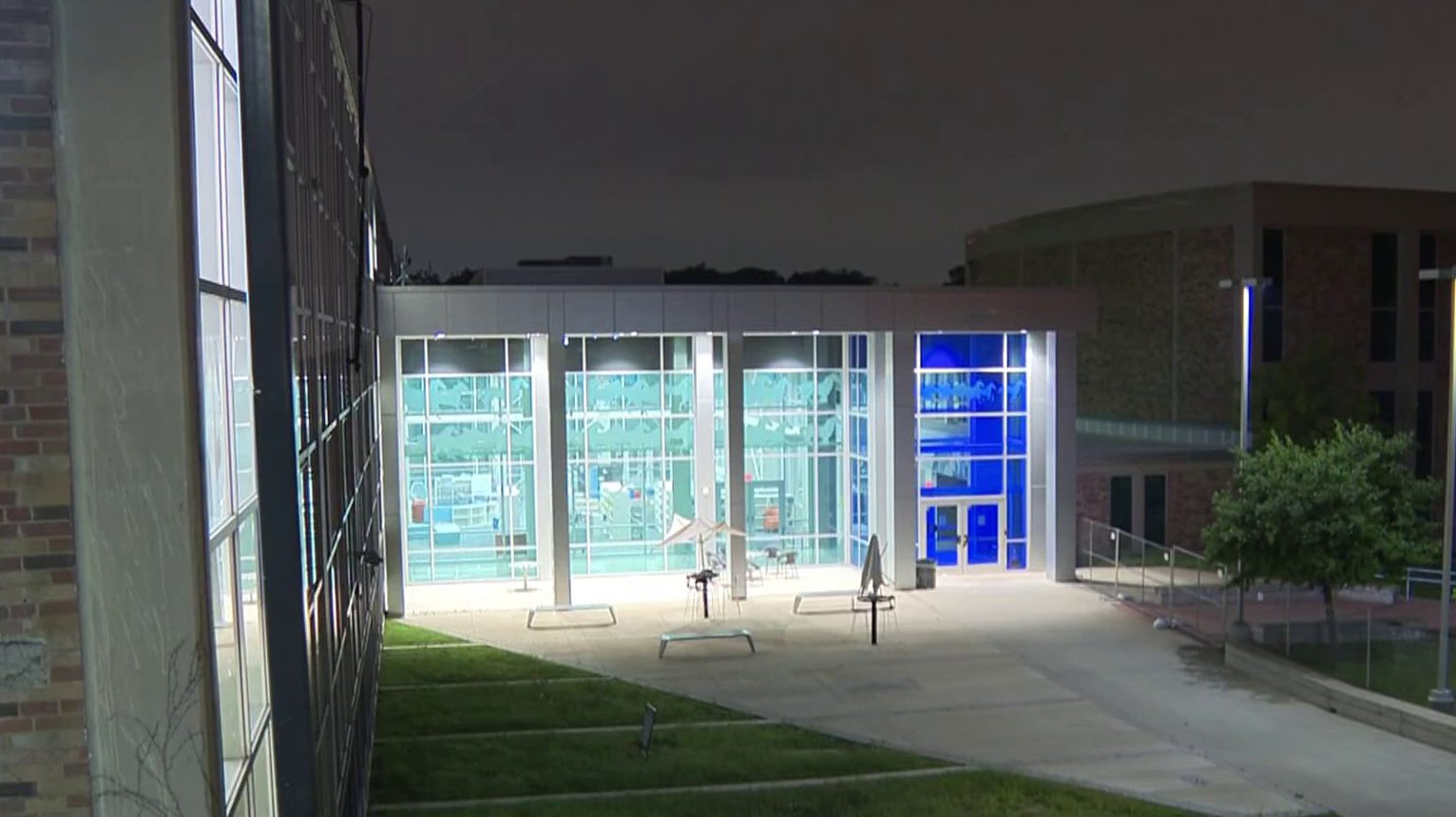As the number of cases of COVID-19 climbs, so does the number of people battling long-term side effects.
Corey Ripe thought he was at the end of a chapter the day he was wheeled out of Mansfield Methodist following his first battle with COVID-19.
The 47-year-old had been told he had a 50% chance of survival and still graduated off a ventilator in about a week’s time.
Then, he contracted COVID again in January and once again in the fall of 2021.
Get DFW local news, weather forecasts and entertainment stories to your inbox. Sign up for NBC DFW newsletters.
Now, he said his journey’s just beginning as a COVID long-hauler.
"It's 100% turned my life upside down,” said Ripe.
Now at 49, Ripe suffers from short-term memory loss, arthritis, depression, anxiety, and debilitating fatigue.
Local
The latest news from around North Texas.
“There are just days I can't get up,” said Ripe.
He recently found help through UT Southwestern’s COVID Recover Program where he now attends occupational, physical and speech therapies several times each month.
With just a handful of programs like it around the state, it's about a four-month wait for admission.
Parkland’s Recover Clinic is currently booked through March.
“On average, depending on the literature, you see anywhere between 20 to 30 percent of the patients that get COVID will have long haul symptoms,” said Dr. Surendra Barshikar.
Barshikar is the Medical Director of Parkland's COVID Recover Clinic, which opened last January, and an associate professor of physical medicine and rehab at UT Southwestern.
He said that includes patients of varying ages and those who had mild, or even no symptoms, with the initial illness.
In his outpatient program, Barshikar said the most common issues are fatigue, cognitive fog and breathing problems. Some are also recovering from pulmonary issues and nerve damage.
"The impact that this has had, so many people haven't gone back to work for months and months after that and have really significant symptoms,” said Barshikar.
Like it has for Ripe, that can turn a health problem into a financial and emotional one.
"It's hard to have hope when you just don't know,” said Ripe.
In recent months, he’s made significant strides. Still, Ripe said he has a long road ahead.
Barshikar encourages everyone to get vaccinated, saying recent studies have shown people who get COVID but are vaccinated are more likely to be symptom-free six months post-infection than those who aren't.



